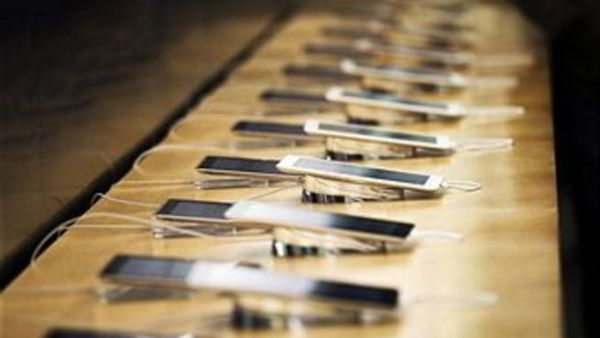It seems strange to talk of a crisis at a company that sells more of its products than any of its competitors. But that hasn’t stopped the rumblings surrounding mobile phone behemoth Nokia for the past few years.
Tech research firm Gartner says the firm sold a staggering 422 million phones last year – compared to the 89 million Apple shifted in the same period. But the Californian firm helped itself to record profits, Nokia slid to a humbling operating loss of $1.4 billion. It sold 40 million less handsets than the previous year, Gartner found, and it has evidently struggled to keep up with the likes of the iPhone and other flash models. A far cry from when you couldn’t get through a day without hearing the familiar ringtone of its early handsets. To top it all, Nokia faced strong criticism of its products – from its own chief executive.
When new Nokia boss Stephen Elop addressed staff a year ago, he would have had little idea just how far his words would carry. His speech was leaked and subsequently dubbed the ‘burning platform’ address after he compared the firm’s plight to a man stuck in a fire on an oil platform.
Nokia, he said, had “multiple points of scorching heat” around it. It had fallen behind, missed big trends and lost time. Taking straight-talking to new levels, he added: “The first iPhone shipped in 2007, and we still don’t have a product that is close to their experience.” So when 7DAYS met Vithesh Reddy, the firm’s general manager for all GCC markets barring Saudi Arabia, we wouldn’t have held it against him if he had the air of a condemned man.
Far from it. Just three months into the job, he is already thinking long-term. A year on from Elop’s tough-talking, the firm is making headlines for the right reasons again, with last month’s launch of two new smartphones at the Mobile World Congress in Barcelona. Reddy says that the view from inside Nokia has been more upbeat because it knew it had innovations – like the 41 megapixel camera which graces its new PureView 808 handset – in the pipeline. He admits things – and it’s putting it mildly – could have “been better” in recent years, and that Nokia is a firm “in transition”. But staff are 100 per cent behind the firm’s new strategy. “I think there is a lot of credibility behind Mr Elop and the vision and the leadership and the path he has kind of set us on now,” Reddy says.
The new strategy seems to be to try and cover the bottom and top ends of the mobile market. To take the former first, its low-cost Asha range is part of a plan to get internet-enabled phones into the hands of “the next billion people”.
“For as low as Dhs300 you can get a mobile phone which offers you Angry Birds and WhatsApp,” he says. At the other end of the scale, is its upcoming Lumia range, which promises a smartphone with fast connection speeds, high-quality video and audio functions and a growing range of apps. This is courtesy of a Windows operating system after the firm announced it is junking its much-maligned Symbian system. So, to all the disgruntled Symbian phone owners who shelled out for the last great innovation, can Reddy promise the marriage with Windows will last? “This is the platform from here on,” Reddy says, adding: “I think Windows is going to do a hell of a lot.”
Nokia users in the Gulf download four million apps for their phones a week, he says, and the firm is keen to focus on building up its Arabic content. “Local relevance is going to be what differentiates us,” he explains. So, to use, Elop’s phrase, can the firm now match the iPhone “experience”?
“I think we are going to have very compelling devices and offerings to our consumers. Definitely,” says Reddy. “This is a long-term game, and I am sure we are going to be successful.”








